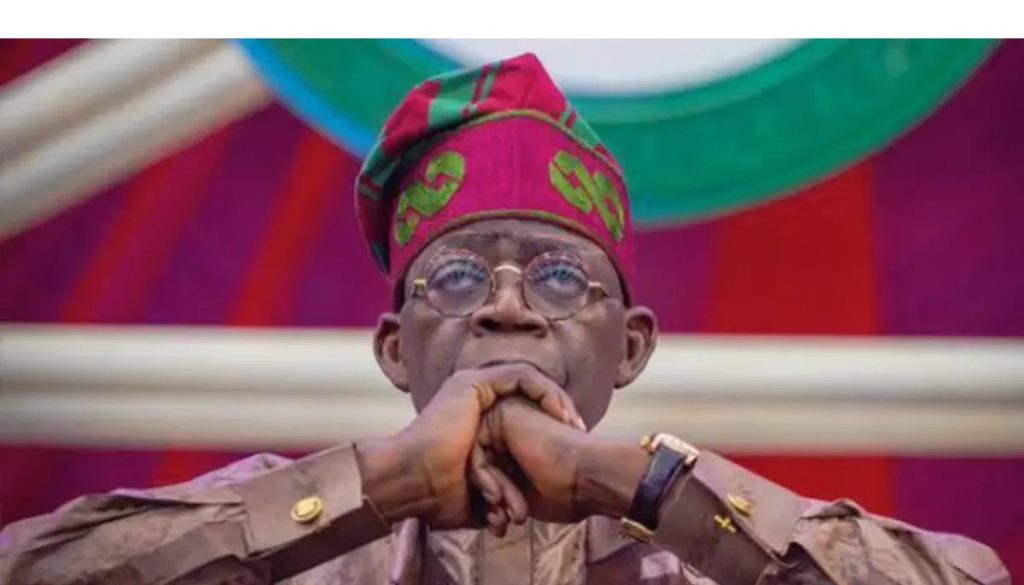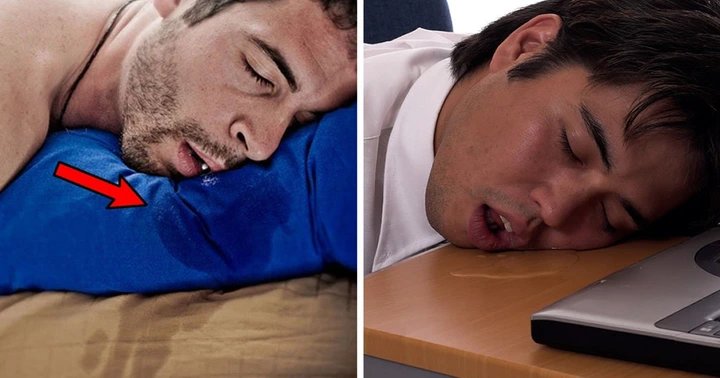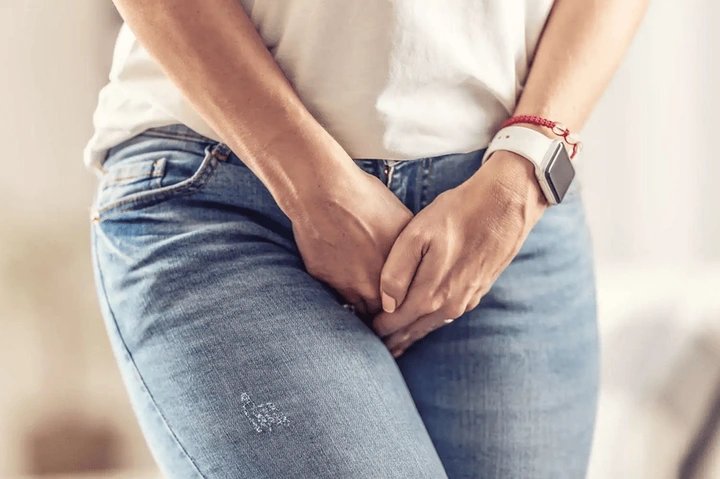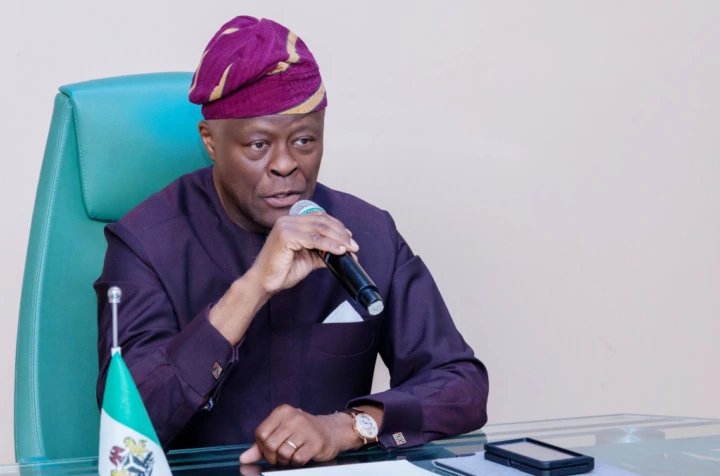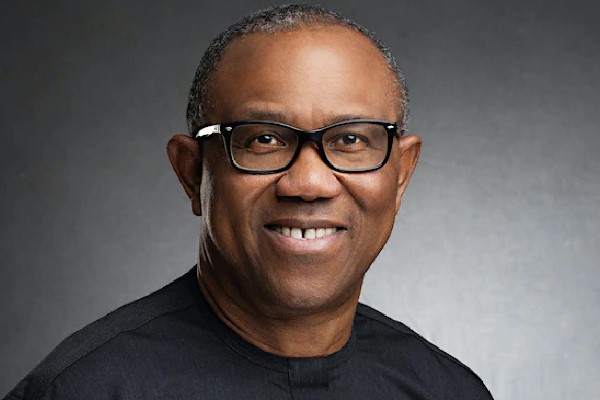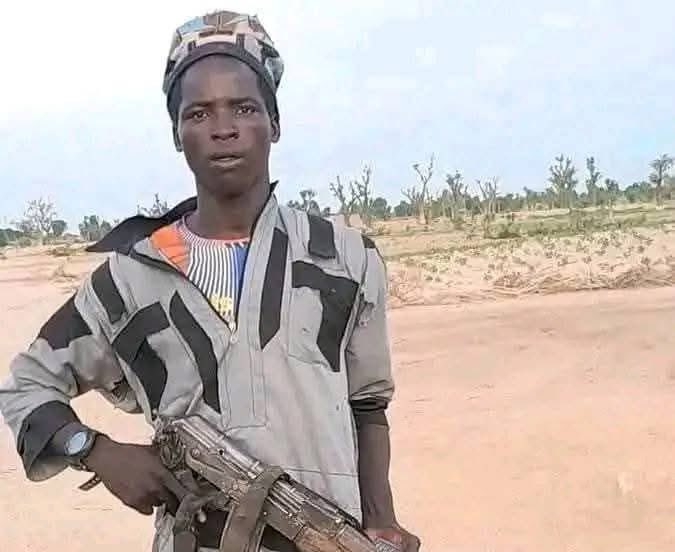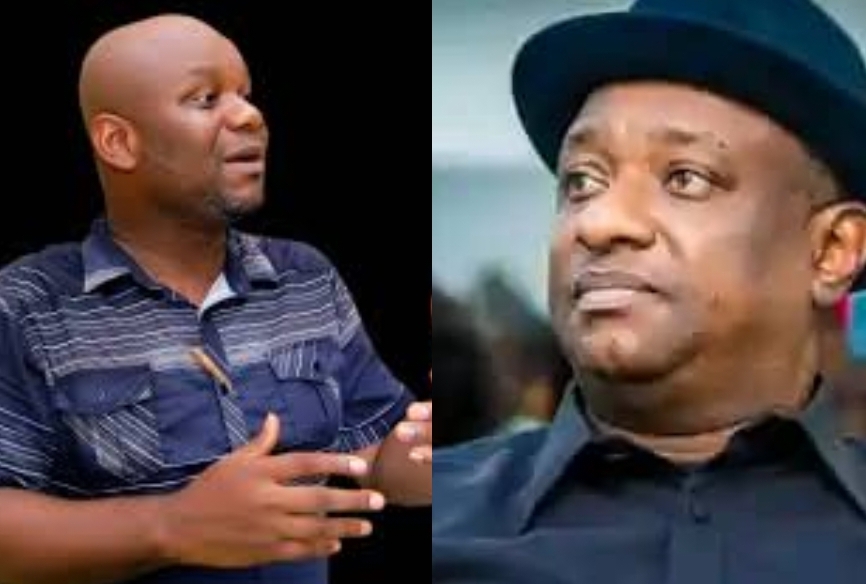Reports
Africa’s Politics Tasked To Be Inclusive, Devoid Of Barriers
Imperative for Inclusivity in Africa’s Political Process
There is the urgent need to align the lofty politico-legal instruments and declarations at international, regional and country levels for adequate participation and representation of women, youths, minorities and persons with disabilities (PWDs) in the political process, with actual practice in many African countries.
This was the theme of a presentation by Mr. Paul Ejime, an International Media and Communications Consultant at the just-ended International Conference in Cotonou, Republic of Benin on A Decade of ECOWAS Electoral Assistance Experiences and Promotion of Democracy in West Africa: Challenges and Lessons Learned.
He listed some of the constraints facing these groups which feel marginalized in politics to include socio-cultural factors; patriarchal society; religion; psychological barriers; gender role ideology; educational disparity and poverty/economic disadvantage.
Others are lack of segregated data on minorities; absence of inclusive laws at country level and non-ratification/domestication and/or implementation/enforcement of international and regional instruments by countries.
Notwithstanding the above-listed barriers, Ejime noted that women, youths and other minorities, PWDs and other marginalised groups continue to push ahead either on their own or with the support of governments and advocacy groups to make their voices heard in politics.
He listed the international and regional instruments that support inclusivity in politics to include the Universal Declaration of Human Rights; Beijing Declaration and Affirmation Action 1995; Convention on the Elimination of All Forms of Discrimination Against Women (CEDAW) AU African Charter on Human and Peoples Rights; AU Declaration on the Principles governing democratic Elections in Africa 2002; AU Charter on Democracy, Elections and Governance 2007; ECOWAS Supplementary Protocol on Democracy and Good Governance, among others.
At the ECOWAS level there are also the Regional Gender Policy, the establishment of the Gender Centre, as well as the Directorates for Gender Development, Youth and Civil Society Organisation and the Youth and Sports Development Centre.
Member States also now observe the ECOWAS Human Rights Day (EHRD), devoted to thematic issues on inclusivity.
On gender mainstreaming at the continental level, Ejime noted that Rwanda remains a shining example in Africa, while there have also been some major success stories among the ECOWAS countries.
“Incidentally, as noted by the Inter-Parliamentary Union, (IPU) many of the countries with the highest proportion of women in decision-making structures are in post-conflict countries,” he said.
Besides, Mr. Ejime said Sierra Leone and Liberia have continued to demonstrate significant improvement in overall governance equality, with Madam Ellen Johnson Sirleaf elected Africa’s first woman president with 59 percent of the votes cast resulting in her being sworn into office in January 2006.
Madam Sirleaf won re-election in 2011 and also received the Nobel Prize the same year. Liberian women represented 50 percent of registered voters in those elections, and in seven out of 15 counties, they made up the majority of registered voters, while a woman chaired the National Electoral Commission (NEC), and two of the five appointed commissioners were women.
Still on a positive note, in 2011, former President Thomas Boni Yayi of Benin Republic appointed eight women as cabinet ministers out of the total number of 27 ministers, and before then, in 2000, the women of Niger voted a law setting quotas for political representation which seems to be inspiring women in other countries in the region.
Similarly, Cape Verde is in the top five of the Mo Ibrahim Index on good governance and occupies the 7th position in gender quality which is under the participation and human rights component.
According to Ejime, who has reported on and also served as ECOWAS Election Observer to a number of countries, these are all commendable milestones that should be scaled up.
Still, he laments that issues of marginalisation persist.
Women require and deserve equal representation in politics and so do the youths and other marginalised groups (IDPs, refugees, albinos, ethnic/tribal minorities, and PWDs), he said.
He further stressed that that the unacceptable gap between participation and representation of these groups in politics, must be addressed without delay.
In his presentation entitled: Promoting Inclusivity in the Political Process: Women Youth and Persons with Disabilities (PWDs),” Ejime noted that the participation and representation of women and other minorities/marginalised groups remain contentious across the ECOWAS region, nay Africa.
“It is unfair to deny these groups their rightful place in politics. Discontentment/disaffection by women who constitute 100 percent of the population or more, and the teeming number of restive employed youths can trigger or fuel political conflicts,” he argued.
According him: “True democracy is characterised by the full and equal participation of all citizens qualified to vote and be voted for (Universal Adult Suffrage), under the United Nations Declaration of Human Rights, covering – right to life, freedom of association, assembly, freedom against discrimination etc.”
The lecturer, therefore, recommended “effective planning to determine the number and location of politically marginalised groups; Implement/enforce existing instruments, amend or enact new inclusive laws; address socio-political, religious, poverty/economic and cultural impediments; empower women and youths through deliberate national and regional policies – education, reserving some seats in Parliaments & decision-making organs for women, youth, minorities and PWDs.”
He also suggested attitudinal change by men, women and advocacy groups to cultivate rather than antagonise the men for effective gender-mainstreaming and inclusive interventions would be required.
© Copyright 2017 www.elombah.com; send eyewitness accounts/reports/articles to publisher@elombah.com; follow us on twitter @Elombah; like our Facebook page: Elombah.com; join us on WhatsApp HERE
For advert placement call us on +447460770987, +2349050382526
For Diaspora Digital Media Updates click on Whatsapp, or Telegram. For eyewitness accounts/ reports/ articles, write to: citizenreports@diasporadigitalmedia.com. Follow us on X (Fomerly Twitter) or Facebook



